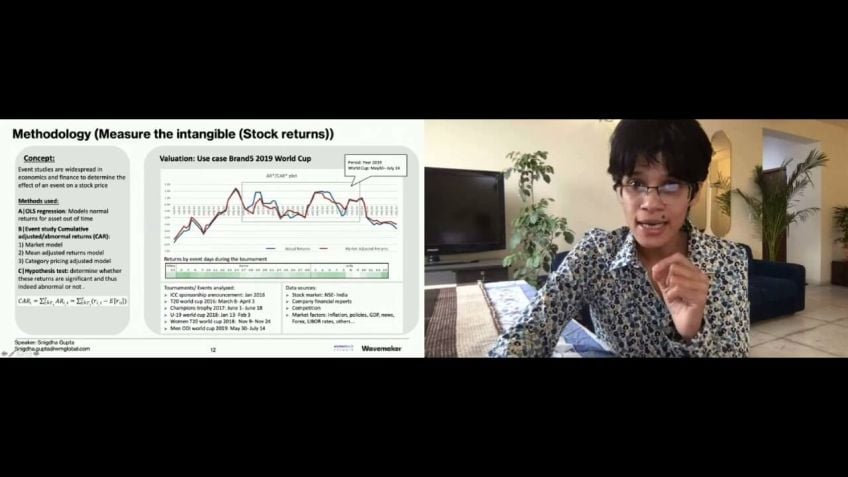- Career Path
- Financial Modeler
Financial Modeler
Financial Modeler
As part of the diverse Career Paths within the finance industry, a Financial Modeler plays a crucial role in analyzing and evaluating financial data to support strategic decision-making within organizations. This dynamic and challenging role requires a strong foundation in finance, mathematics, and analytical skills.
With the increasing demand for data-driven insights within finance, the role of a Financial Modeler has become increasingly valuable. Professionals in this field are responsible for constructing financial models and conducting thorough financial analysis to provide accurate forecasting, risk assessment, and scenario planning.
Candidates pursuing a career as a Financial Modeler should possess strong quantitative skills, proficiency in financial modeling software such as Excel and specialized modeling tools, and a deep understanding of corporate finance principles. Furthermore, effective communication and presentation skills, attention to detail, and the ability to work collaboratively within cross-functional teams are essential for success in this role.
Opportunities within the Career Path of a Financial Modeler may include roles such as Financial Analyst, Investment Banking Analyst, Risk Manager, or Strategic Finance Manager, among others. With the right skill set and expertise, individuals in this field can contribute to financial planning, strategic decision-making, and risk management in various industries such as banking, consulting, private equity, or corporate finance.
Overall, a career as a Financial Modeler offers a dynamic and challenging path for individuals with a passion for finance, data analysis, and strategic planning. The role presents opportunities for professional growth and a chance to make a significant impact on the financial success of organizations.

